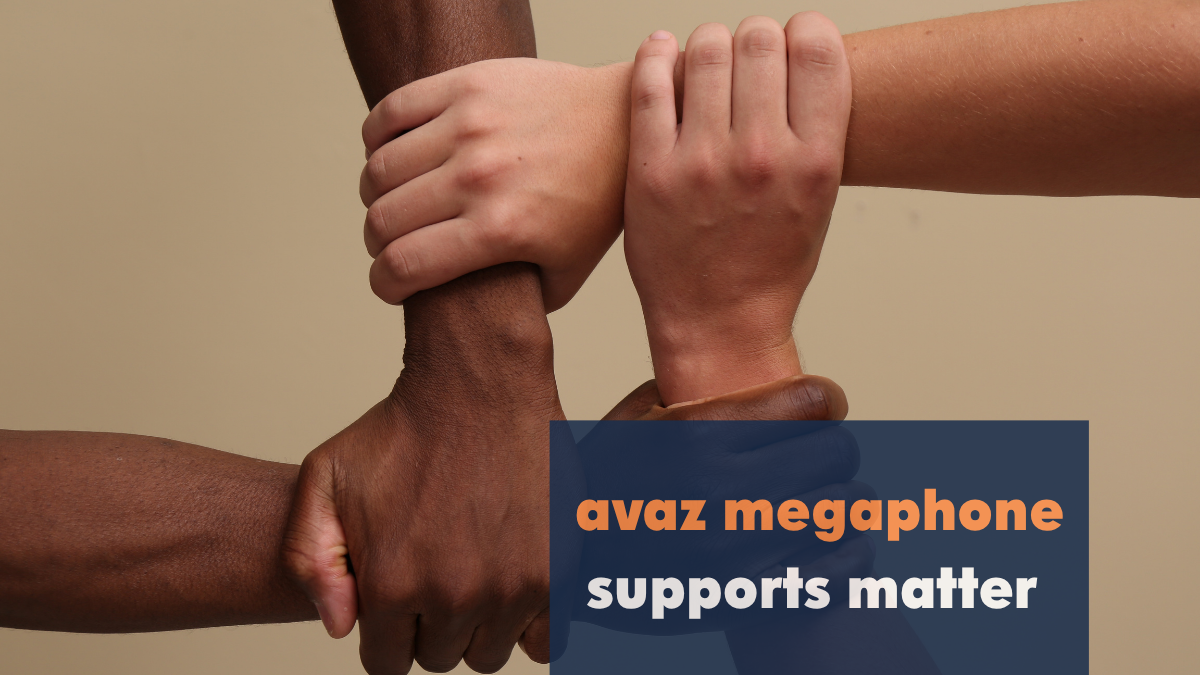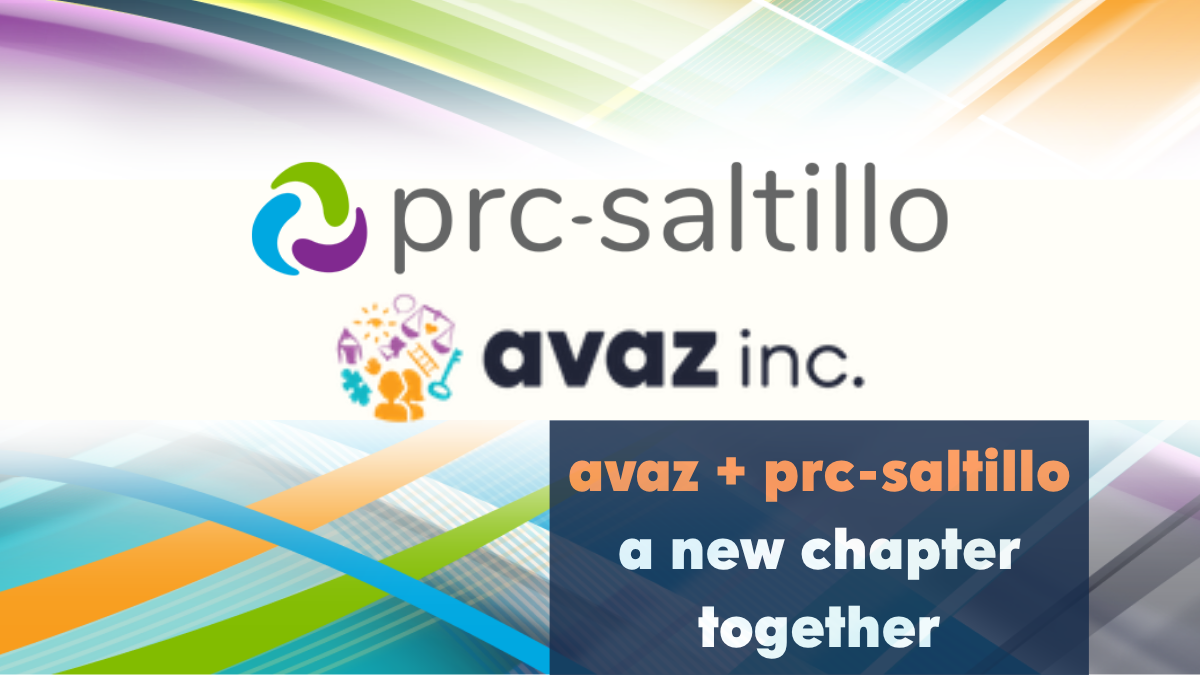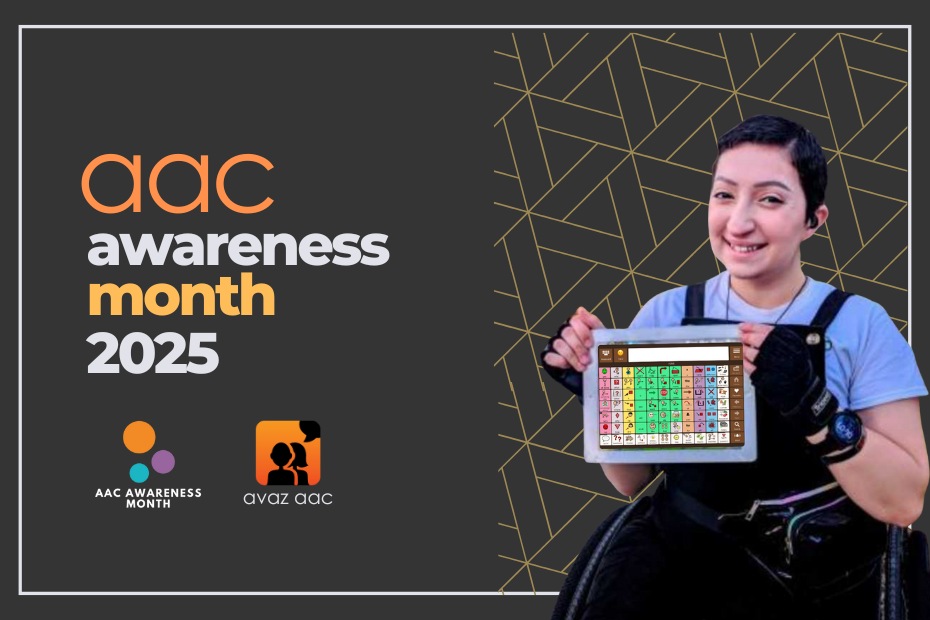Different parts of the world have seen protests & other sorts of upheavals in the past few months. Children may struggle to make sense of all that’s going on around them. And the best way to support them during this time is, to talk to them about it. Although younger children may not comprehend the enormity of the topics being discussed, it’s imperative that they don’t stay oblivious to important discussions as they grow up. Many of the biases and prejudices primarily stem from ignorance. So, for young AAC users to grow into responsible citizens of the world, they must be aware of the conversations that are taking place in society.


Standing up for Themselves
Children must be encouraged to have their opinions and must be given ample opportunities to express them. Parents and professionals need to be mindful of giving them the space to express their opinions even if it may be inconvenient for them. Some children may not be more forthcoming with their opinions, likes, and dislikes. That does not mean they don’t have one. Give sufficient visual or verbal prompts as required to help them express their views.
As for vocabulary that builds agency. ‘Stop’ and ‘No’ are very powerful words that give a communicator control over their surroundings.
Look for activities that the communicator is not keen on doing or antecedents for challenging behaviors. Once you can identify an activity the communicator dislikes, ask them to do the activity and tell them they could use ‘No’ to refuse the activity. Try to acknowledge and honour their refusal as much as possible.
Similarly, encourage them to use ‘Stop’ during an activity if they do not want to continue doing it. Once you’ve finished playing a song during Music time, ask them if they want you to ‘stop’ or ‘play’. Model these words across different activities such as reading and playtime until they gain an understanding of how to use them in various scenarios.
The communicator’s AAC system must be programmed with vocabulary that aligns with their right to express themselves freely. Include pre-stored phrases for negation such as
‘Not good’
‘Don’t want’
‘I Don’t like It’
As children grow, it’s important to tailor these phrases and include more that suit their personalities.
‘I need some space’
‘I need some time for myself’
‘I disagree’
‘This is not right’
‘This is unfair’
AAC users deserve these and more vocabulary with which they can fume, disagree, raise valid questions, demand answers, and make their points loud and clear.
Standing for What They Believe in
As we equip AAC users with self-advocacy skills, it’s equally important that we acknowledge their right to be part of the social discourse. Encourage social interactions from an early age and help them connect to others in the community. Their opinions on societal matters count as much as those of their peers. The world needs to hear all sides and perspectives and the voice of an AAC user should be allowed to resonate along with all other voices that are trying to bring about change.
Make sure young communicators have a lot of reporting vocabulary in their AAC systems. They should be able to complain about any ill treatment meted out to them or others. We must encourage them to voice out their apprehensions about people or actions bothering them. The more we are willing to listen, the less they will be reluctant about reporting any unpleasant events.
Exposure to Diversity
Read books or watch shows and movies with diverse characters. These characters can offer an excellent way to talk about different races, ethnicities, social groups, cultures, religions, customs, languages, economic backgrounds and how they have their own place in the world.
Teaching Appropriate Language
Society has changed and so have the norms of acceptable language. Casual remarks that are insensitive cannot be laughed off anymore. For emergent communicators, we can overlook their language errors because our goal is to get them to communicate effectively. For young adults who seek active societal participation, we need to give appropriate vocabulary and explain why some words may be considered offensive.
Talking About Current Events
There’s a lot going on around the world. With the barrage of misinformation that’s out there, it’s important that we stick to facts while we talk to children. Choose video clips or news images carefully so as to not overwhelm them. For some older children who may have already learned about things through the news, avoiding discussion may make them feel more anxious. As you explain what’s going on, reassure them that it will be alright and attempt to answer all their questions as honestly as possible.
We live in a world with race, religion, gender, and socioeconomic inequalities and talking about them to children can be extremely hard. But those are the realities of the world and what children know about them will shape their opinions, their capacity for empathy and determine their demeanour towards others. So, we owe it to our communicators to keep them abreast of the events occurring in the world. This will empower them with knowledge with which they can decide for themselves to play whatever role they choose to, in the larger society.



